The Ministry of Industry and Trade has reviewed the draft Electricity Law (amended) this time to ensure consistency and synchronization with the provisions of the legal system.
Review to ensure consistency and synchronization
In Draft Electricity Law (modified) this time, Ministry of Industry and Trade reviewed to ensure consistency and synchronization with relevant legal provisions, avoiding conflicts and overlaps in state management of dam and hydropower reservoir safety, especially the process of operating hydropower reservoirs and inter-reservoir operations for irrigation, ensuring consistency with the provisions of the Law on Irrigation, Law on Water Resources, Law on Dikes, Law on Natural Disaster Prevention and Control, Law on Geology and Minerals.

The Ministry of Industry and Trade has carefully reviewed relevant legal documents (including the Law on Irrigation, the Law on Water Resources, the Law on Natural Disaster Prevention and Control, the Law on Dikes, etc.) and found that there is no Law detailing the contents of dam and hydropower reservoir safety from the design, construction to operation stages. Up to now, the highest legal document regulating the safety of dams and hydropower reservoirs is Decree No. 114/2018/ND-CP (a decree guiding the implementation of the Law on Irrigation).
In addition, hydropower projects have very different characteristics from irrigation projects (mostly invested, managed and operated by private individuals; the operating regime and operating objectives are different from irrigation reservoirs, the energy lines and auxiliary works are also different...), climate change and increasingly complex natural disasters also greatly affect the operating regime of the projects. Therefore, right from the time of drafting the Law outline, it was agreed to add regulations on dam and hydropower reservoir safety to policy group No. 6 of the Electricity Law) and concretized in Section 3, Chapter VII of the Draft Law with 6 Articles detailing the contents of: General principles; safety management during the design and construction stages; safety during the operation stage and regulations on measures to protect dams and hydropower reservoirs).
In addition, to ensure consistency with other related specialized laws, the provisions on safety of hydroelectric works all require organizations and individuals to comply with regulations on safety of dams and reservoirs (according to the law on irrigation) and the law on water resources and natural disaster prevention.
Regarding the Law on Irrigation: Only Article 28 regulates the operation of hydroelectric reservoirs and the operation of inter-reservoirs for irrigation when drought or water shortage occurs.
Law on Natural Disaster Prevention and Control: Point a, Clause 8, Article 42 of the Law stipulates the responsibilities of the Ministry of Industry and Trade as follows: “a) Issue under its authority or submit to competent authorities for issuance and direct the implementation of legal documents on ensuring safety for hydropower reservoir works under its management scope in natural disaster prevention and control;”
Law on Dikes: Only Clause 4, Article 42 stipulates: "The Ministry of Industry shall preside over and coordinate with ministries and ministerial-level agencies to develop and implement plans to ensure the safety of hydroelectric works, and direct the operation of reservoirs according to technical regulations on reservoir operation".
The Law on Water Resources 2023, Article 23, stipulates the protection of water source corridors for hydroelectric reservoirs; Article 36 stipulates that the Ministry of Industry and Trade directs the regulation of the operation of hydroelectric reservoirs; Article 38 stipulates the reservoir operation process and the inter-reservoir operation process; Article 45 stipulates that the Ministry of Industry and Trade directs the organization of the review and adjustment of the hydroelectric reservoir operation processes according to Article 38, Clause 4, Article 79 stipulates that the Ministry of Industry and Trade shall perform state management of ensuring the safety of dams and hydroelectric reservoirs under its management according to regulations on the exploitation and use of water resources.
Thus, all of the above specialized Laws assign responsibility to the Ministry of Industry and Trade in managing and ensuring the safety of dams and hydroelectric reservoirs. However, there is no provision detailing the management of dam and hydroelectric reservoir safety. Therefore, the Electricity Law (amended) needs to regulate the safety of dams and hydroelectric reservoirs during the design, construction and operation of works, decentralize management responsibilities, etc. as a legal basis for the Government and the Ministry of Industry and Trade to stipulate in detail.
The Electricity Law (amended) is consistent with the draft Law on Fire Prevention, Fighting and Rescue (amended)
Currently, the issue of safety control in the use of electricity for daily life and services has been specifically regulated in legal documents, specifically: QCVN 12:2014/BXD national technical regulation on electrical systems of houses and public works applicable to organizations and individuals involved in the design and construction of electrical systems of houses and public buildings. In which, the Ministry of Construction is assigned the responsibility of guiding the application of standards and the responsibility of the state management agency on construction to organize the inspection and examination of the application of standards in the design, construction, acceptance and commissioning of works.
Regarding this issue, according to Article 58 of the current Electricity Law, which regulates safety in using electricity for daily life and services, it also specifically stipulates conditions to ensure electrical safety in daily life and services and the responsibility of electricity users in checking and ensuring electrical safety.
Article 17 of the current Fire Prevention and Fighting Law also has regulations on fire prevention and fighting for houses and residential areas, including requirements for safe electrical systems and regulations on electricity use.
Despite the above regulations, local authorities have not really paid attention to checking the safety of electrical systems in residential homes and awareness of compliance with regulations on safety in the use of electricity is still very low. Therefore, recent recommendations from authorities have suggested more specific regulations on the responsibilities of organizations and individuals in ensuring electrical safety in daily life and services.
Accordingly, the Ministry of Industry and Trade has reviewed the Law on Fire Prevention and Fighting and Rescue (amended) and assessed the content and regulations on electrical safety in daily life and services to be consistent with the regulations on fire prevention and fighting safety in the use of electricity in the Law on Fire Prevention and Fighting and Rescue (amended).
The draft Electricity Law (amended) has also clarified the responsibilities of electricity users, electricity suppliers and state management agencies in ensuring safety in the use of electricity for daily life and services. In particular, it will focus on more effective implementation of propaganda, guidance and raising awareness for people in the safe use of electricity.
Source


![[Photo] Prime Minister Pham Minh Chinh chairs the fourth meeting of the Steering Committee for Eliminating Temporary and Dilapidated Houses](https://vphoto.vietnam.vn/thumb/1200x675/vietnam/resource/IMAGE/2025/5/11/e64c18fd03984747ba213053c9bf5c5a)
![[Photo] National Assembly Chairman works with leaders of Can Tho city, Hau Giang and Soc Trang provinces](https://vphoto.vietnam.vn/thumb/1200x675/vietnam/resource/IMAGE/2025/5/11/c40b0aead4bd43c8ba1f48d2de40720e)

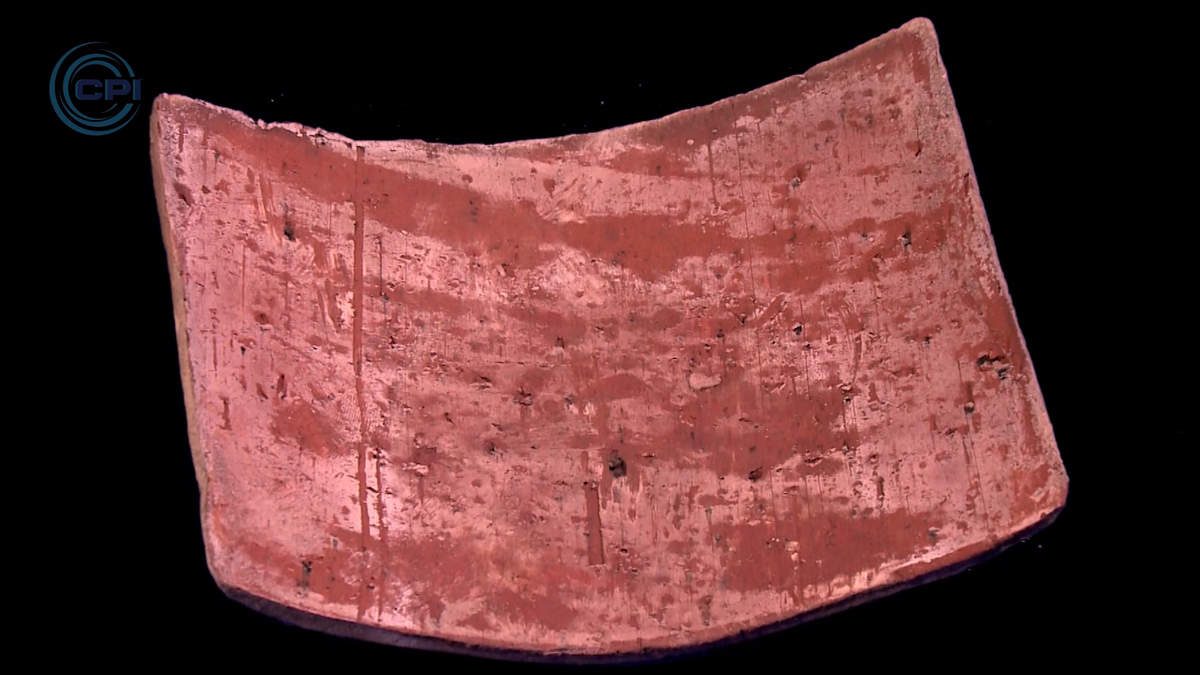
![[Photo] The moment Harry Kane lifted the Bundesliga trophy for the first time](https://vphoto.vietnam.vn/thumb/1200x675/vietnam/resource/IMAGE/2025/5/11/68e4a433c079457b9e84dd4b9fa694fe)
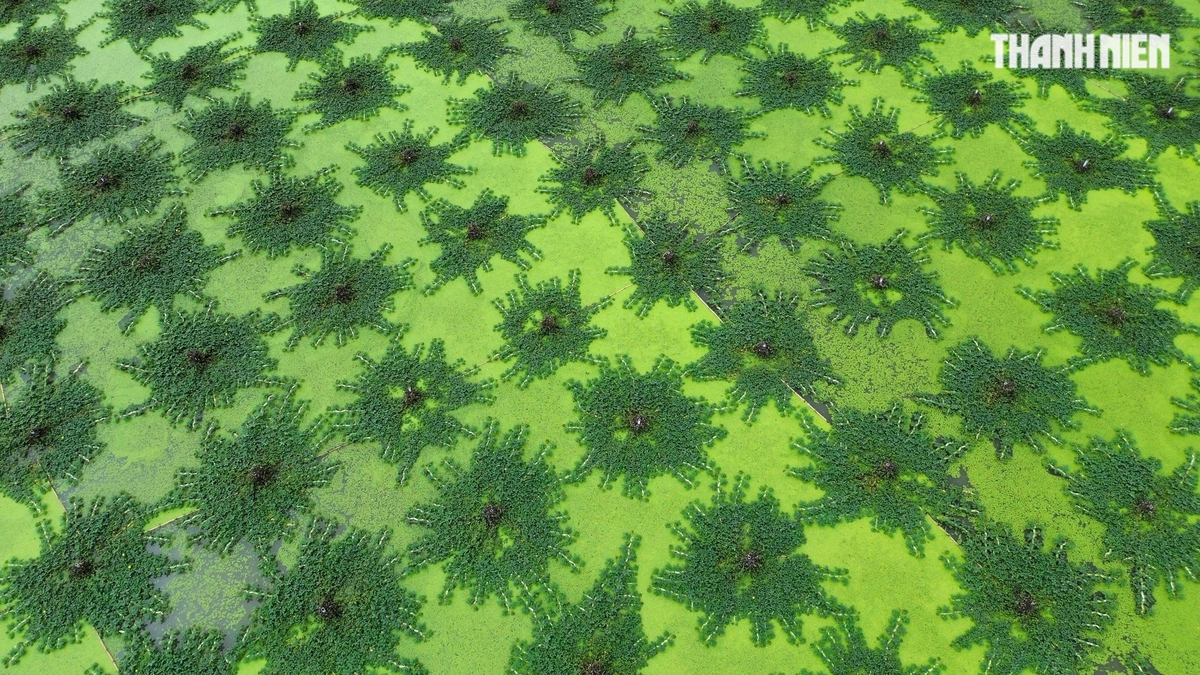
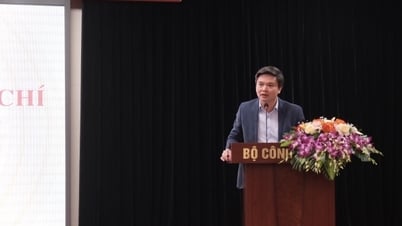

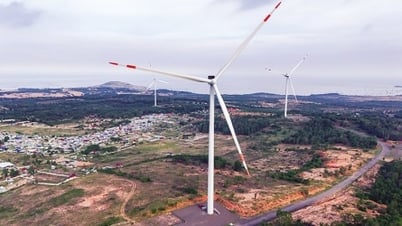
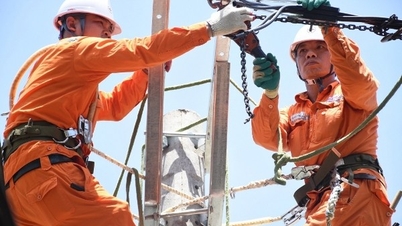



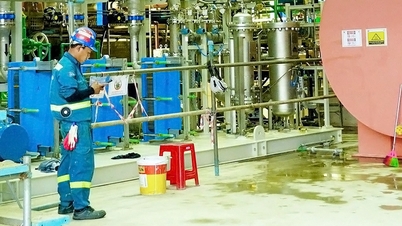

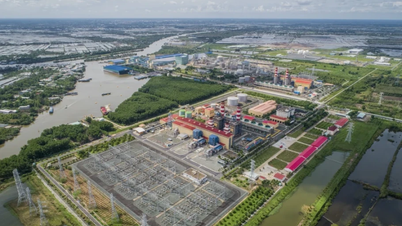


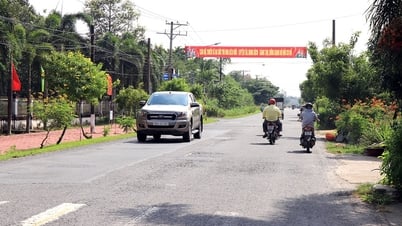
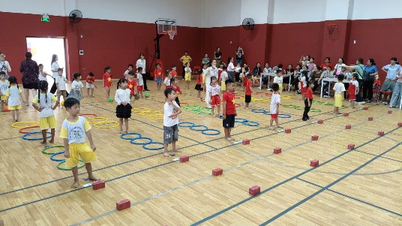
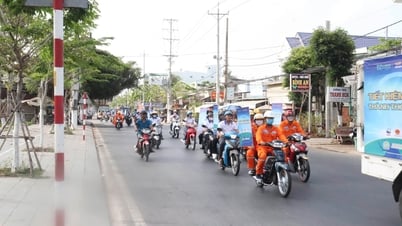
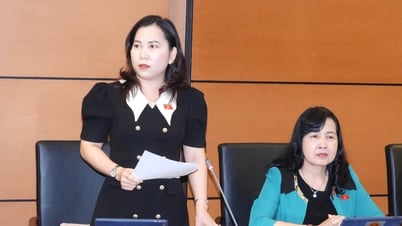









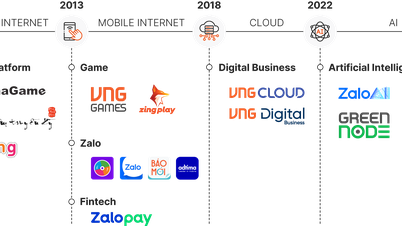
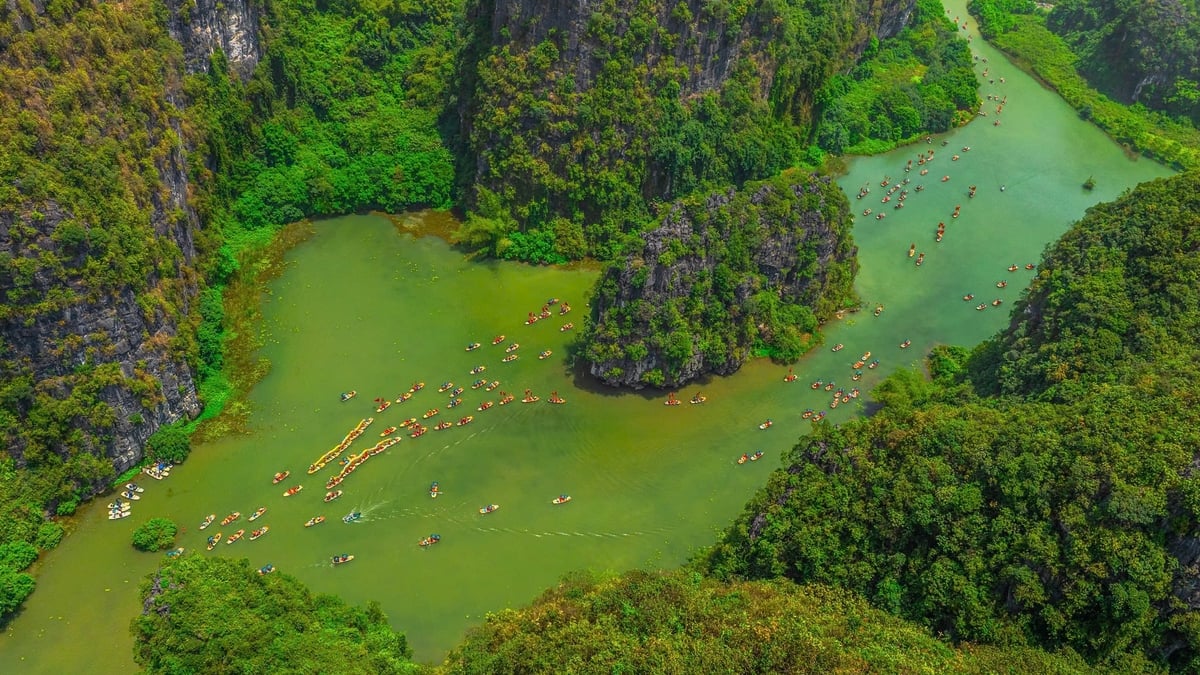


































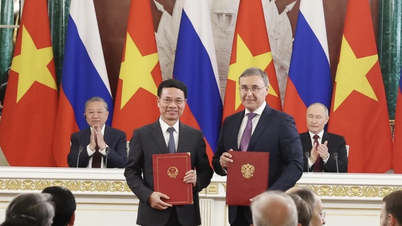
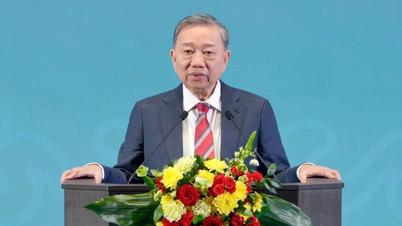











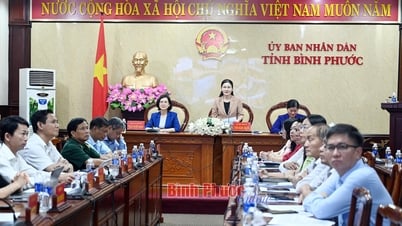




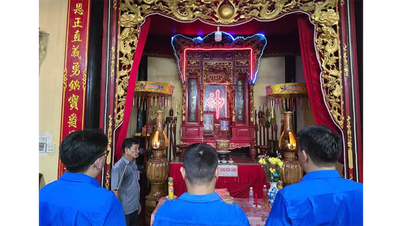

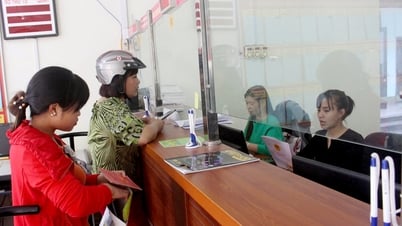











Comment (0)